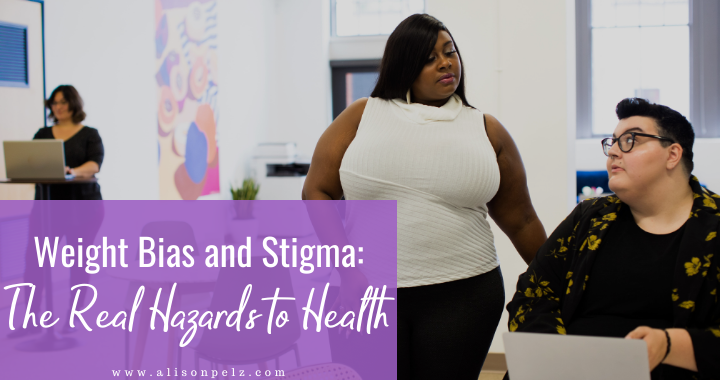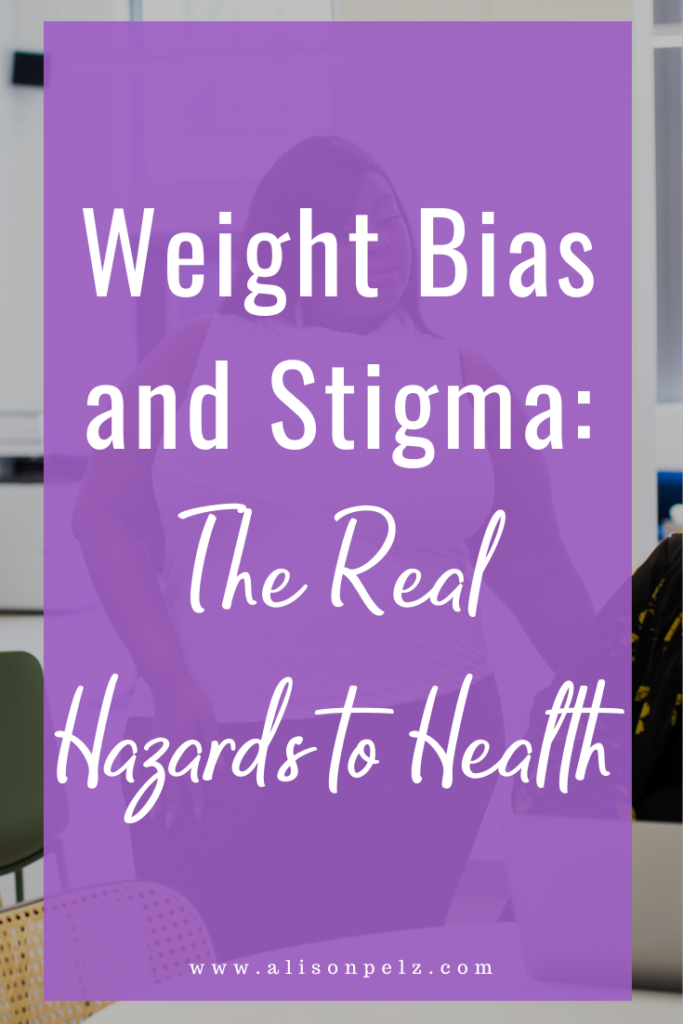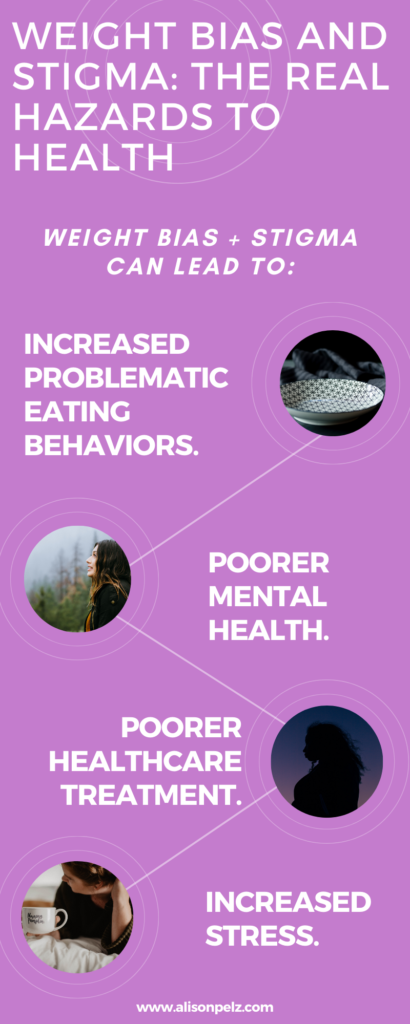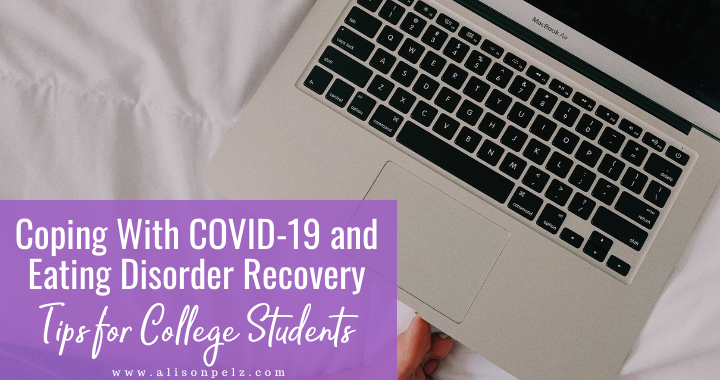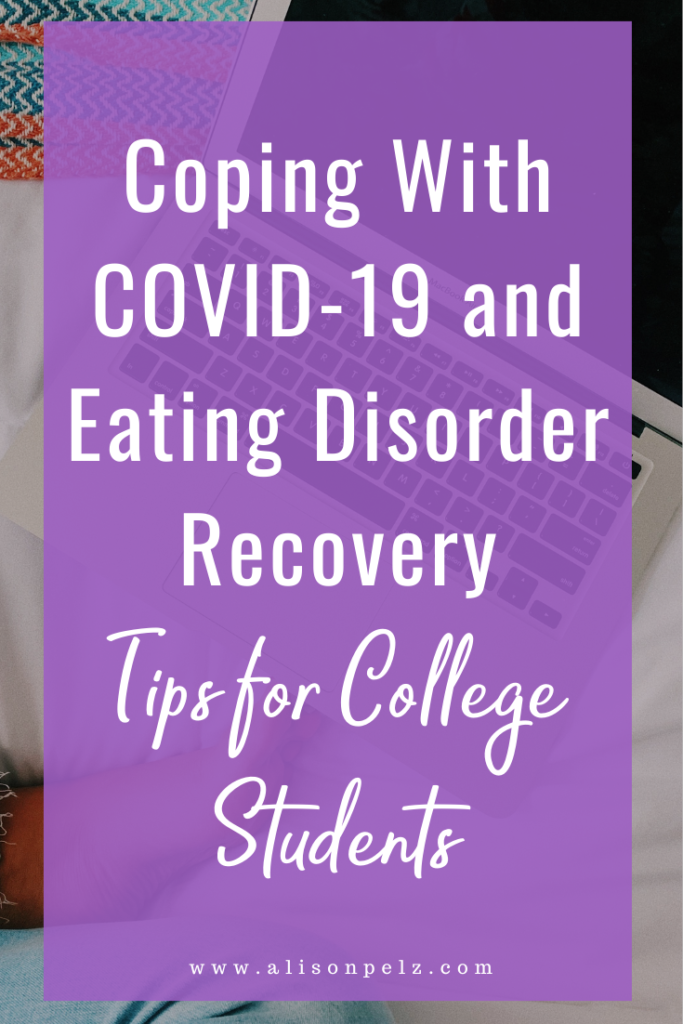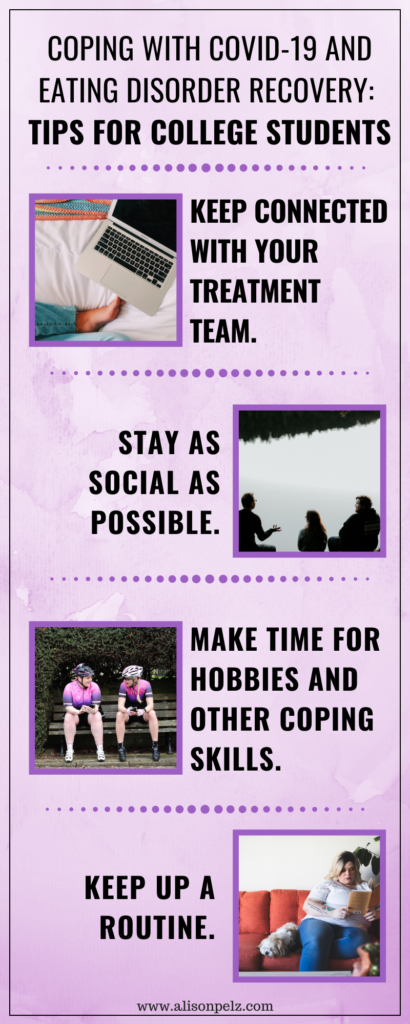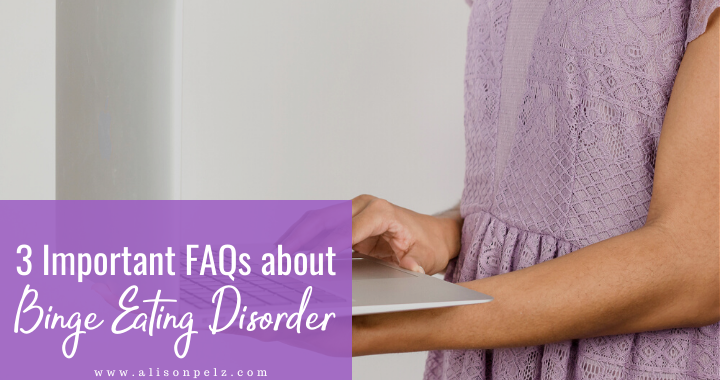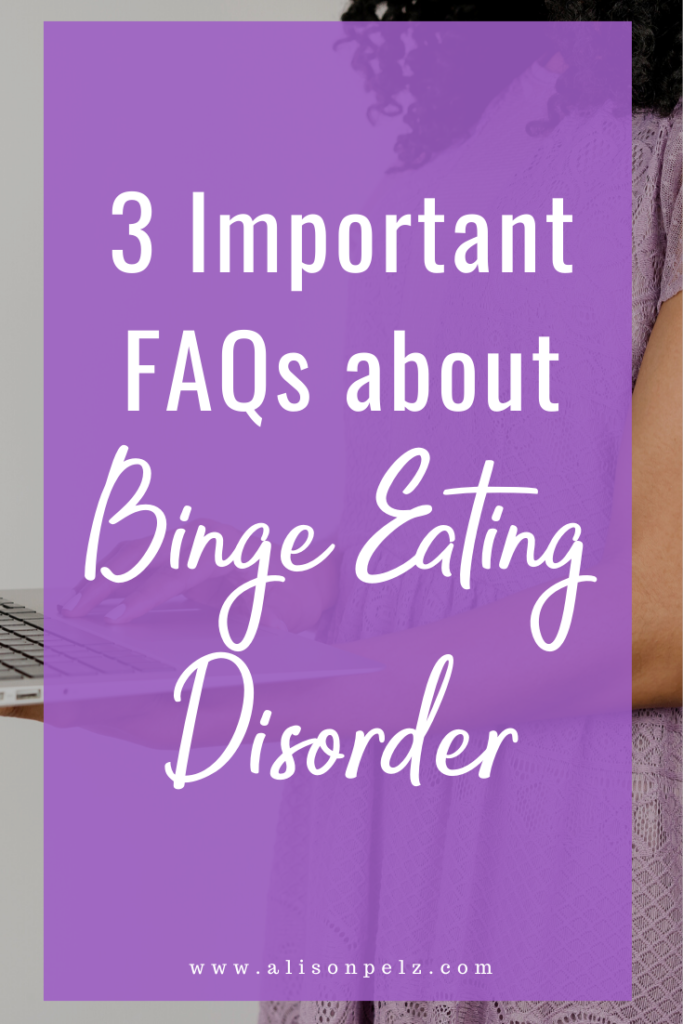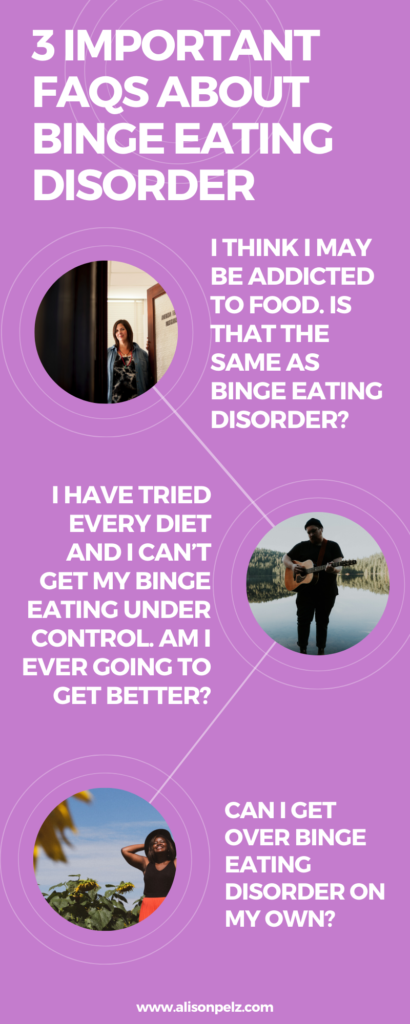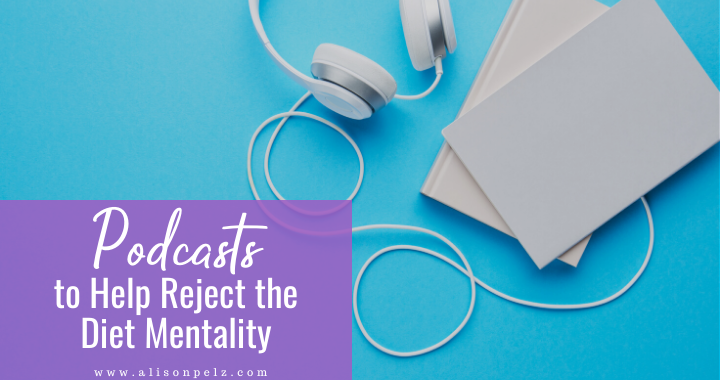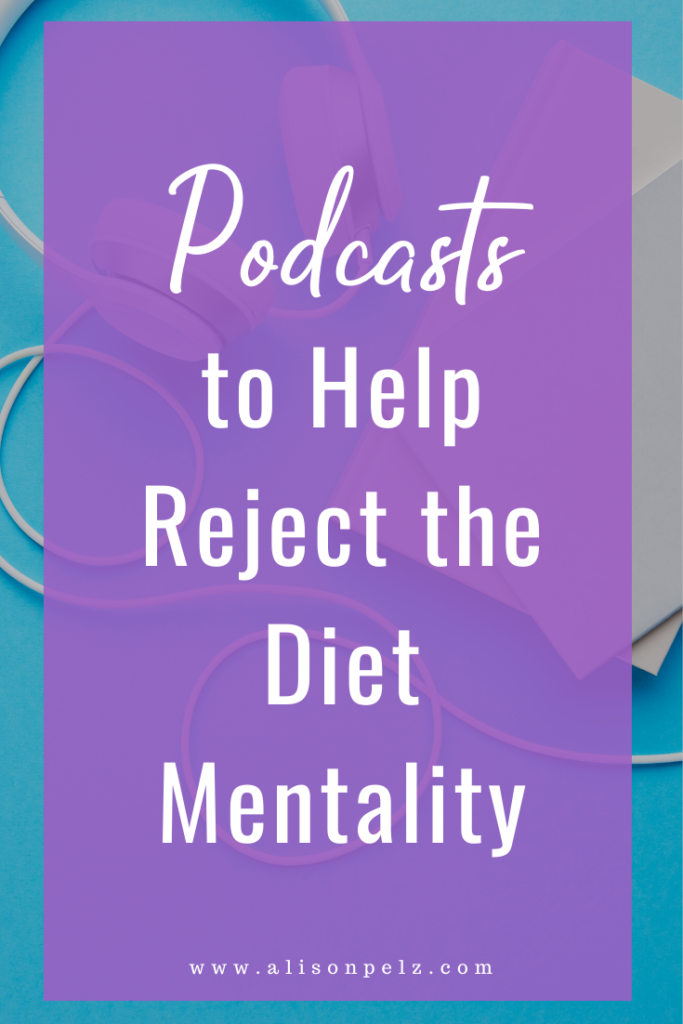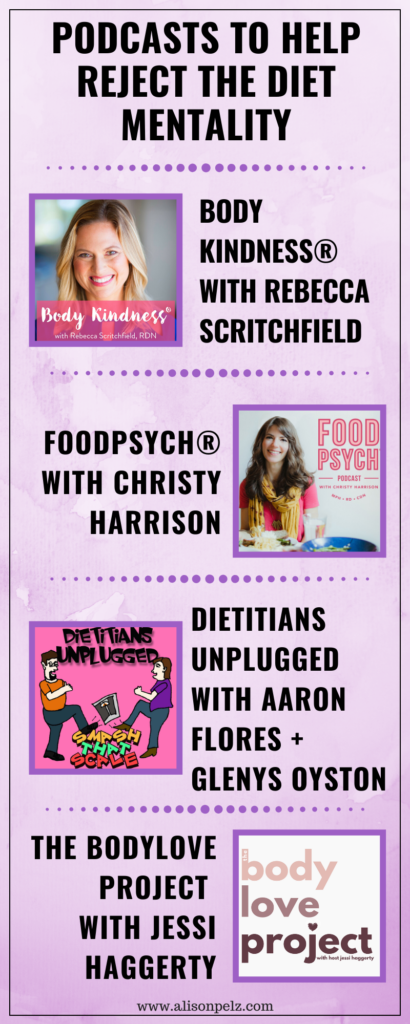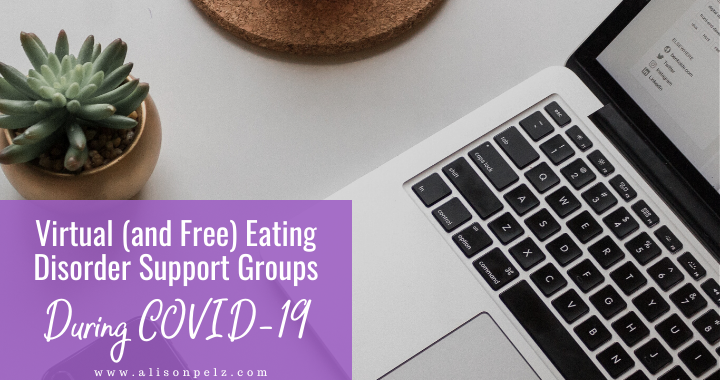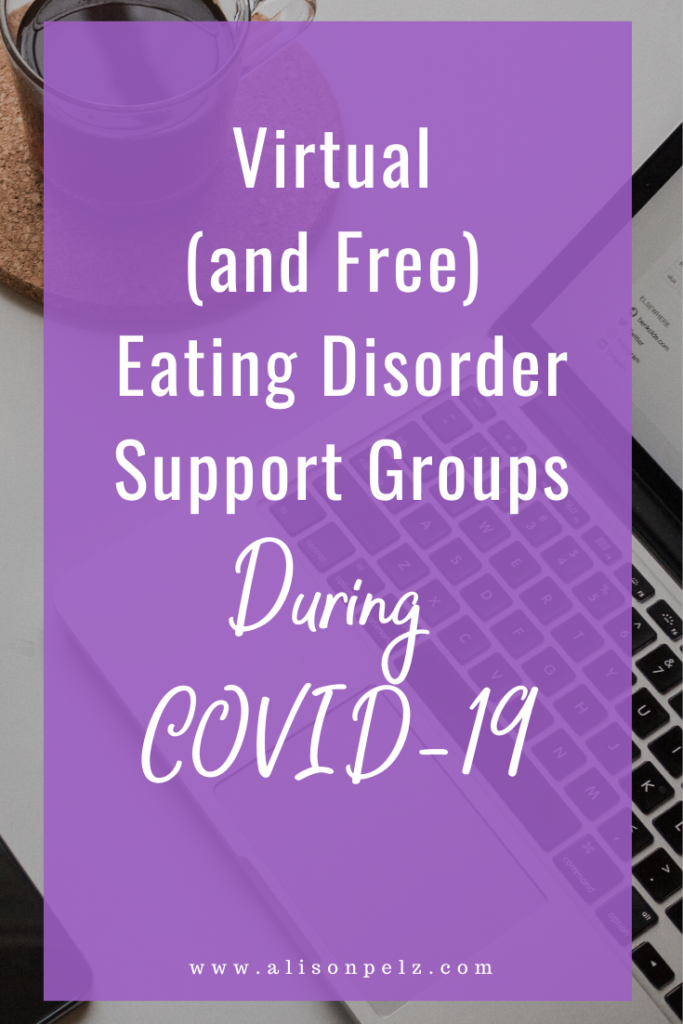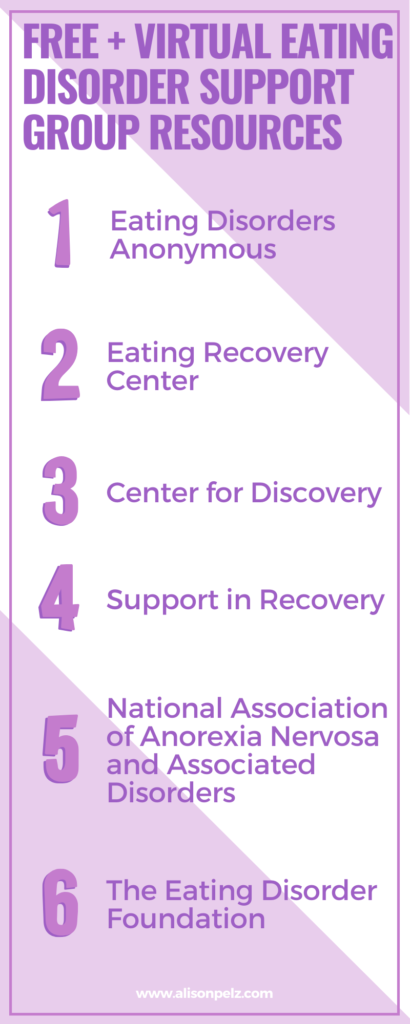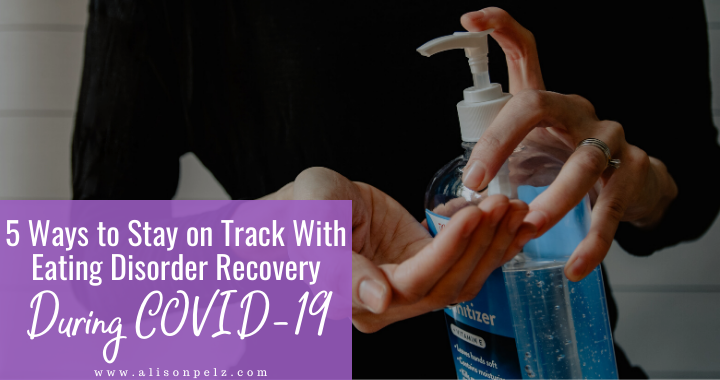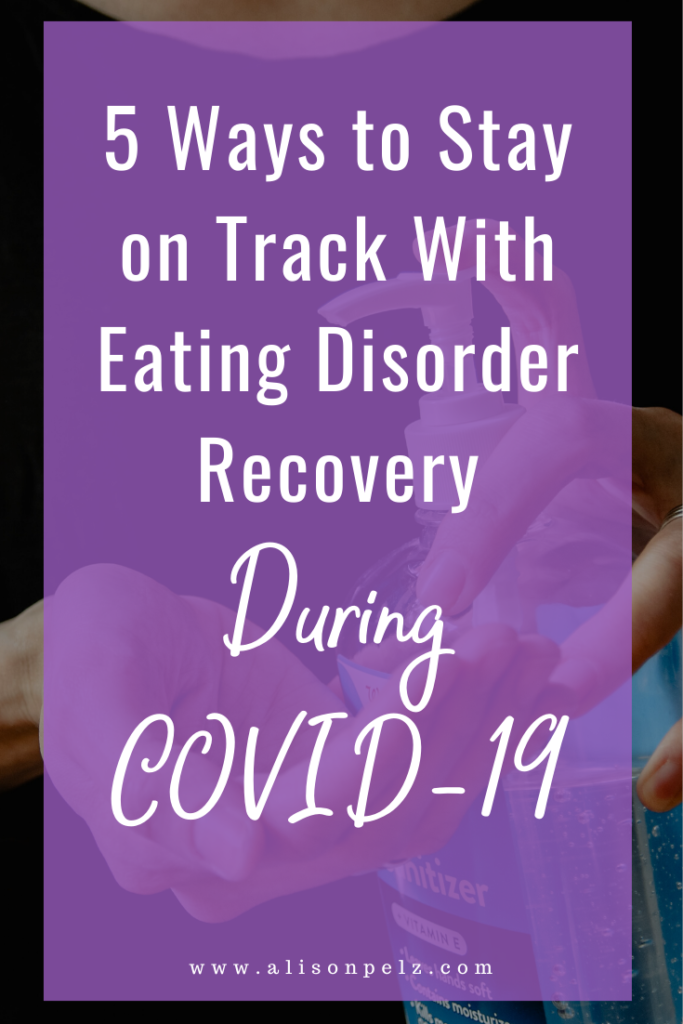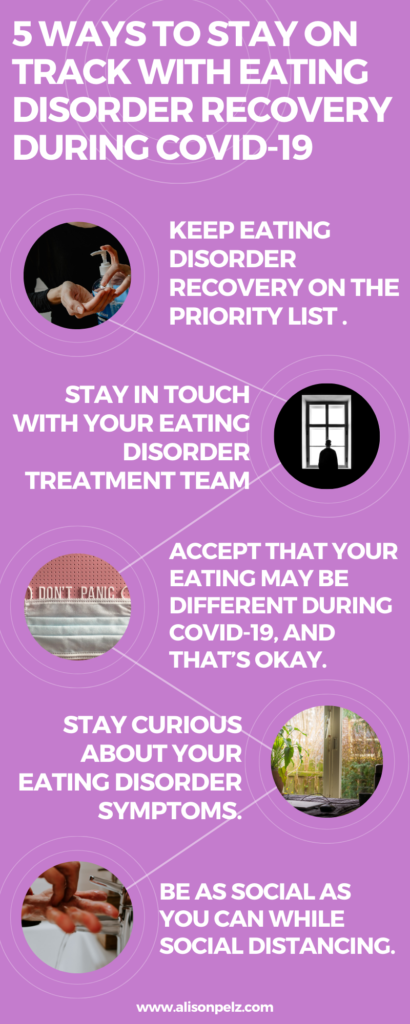Privilege disclosure: I am aware of and acknowledge my privilege as a white, cisgender, heterosexual, thin, and able-bodied person.
What are weight bias and stigma?
Weight-based discrimination is just what it sounds like. It is discriminating against people based on their body size, usually large body size. Other terms used to describe it include fatphobia and sizeism. It is well documented that rates of weight bias and stigma are on the rise. In fact, weight stigma and bias happen at higher rates than discrimination based on age or gender.
Furthermore, weight bias and stigma are socially acceptable and are reinforced in the media through the negative portrayal of those living in large bodies.
Weight stigma and bias are present in most aspects of life including education, business, and healthcare. The effects of weight bias and stigma on physical and mental health are the focus of this post.
Weight bias and stigma can affect physical and mental health independent of body size in various ways:
Increased stress.
Experiencing weight bias and stigma increases chronic stress levels. Chronic stress has been shown to increase the risk of cardiovascular disease and other physical ailments. Additionally, chronic stress can wreak havoc on our mental health and general well-being.
Poorer healthcare treatment.
It has been well documented that weight bias and stigma are pervasive in our healthcare system. Studies show that the most frequent source of weight bias is family and the second most frequent source is healthcare providers. People who experience weight bias and stigma often have a negative experience at their doctor’s office, which often leads to avoidance or putting off medical care, including preventative health screenings.
Often-times large bodies are not assessed the same way thin bodies are, and body weight is blamed for every ailment. I have heard countless stories from clients about the poor healthcare they received. For example, a patient might seek medical attention because of a sore throat, but their body weight is discussed or been pointed out as the problem. (This would not happen to people who are in what the medical community refers to as a “normal-sized” bodies.)
Poorer mental health.
Studies show that weight bias and stigma, independent of body size, can contribute to increased vulnerability to depression and anxiety, poor body image, decreased self-esteem, and increased suicidality.
People who live in large bodies may experience internalized weight bias, meaning that they believe that the stereotypes about them are true. Internalized weight bias can lead to negative feelings about oneself and contribute to poorer mental health.
Additionally, eating disorders often go undiagnosed in people with large bodies because they “don’t look” like they have an eating disorder. People in large bodies do get and are at risk for eating disorders. Furthermore, diets are often prescribed to people in large bodies, which is a known risk factor for developing an eating disorder and exacerbating existing eating disorders.
People living in large bodies are also at high risk for bullying and teasing which also negatively impacts mental health.
Increased problematic eating behaviors.
People who live in large bodies are prescribed weight-loss diets in efforts to “improve health.” There are several problems with this approach.
First, there is little research that dieting is an effective treatment for long-term weight loss.
Second, weight is highly determined by genetics and is not as modifiable as the healthcare system or diet programs lead us to believe.
Third, a larger body does not indicate poorer health.
Fourth, dieting is a known risk factor for problematic eating behaviors such as binge eating, dietary restriction, purging, and even full-blown eating disorders.
Unfortunately, weight bias and stigma are rarely discussed in traditional medical and mental healthcare settings, further perpetuating them. Weight bias and stigma continue to reinforce the idea that large bodies are unhealthy with little to no data to back this up. What we do know for sure is that weight bias and stigma themselves, independent of body size, contribute to poorer health outcomes.
If you are experiencing weight bias and stigma (or want to learn more about it) here are some great resources:
If you are a healthcare provider here are additional resources to consider:
- Michelle May, MD and Jennifer L. Guadiani, MD (Both provide training on weight-inclusive care.)
- Project Implicit (Help assess implicit bias.)
